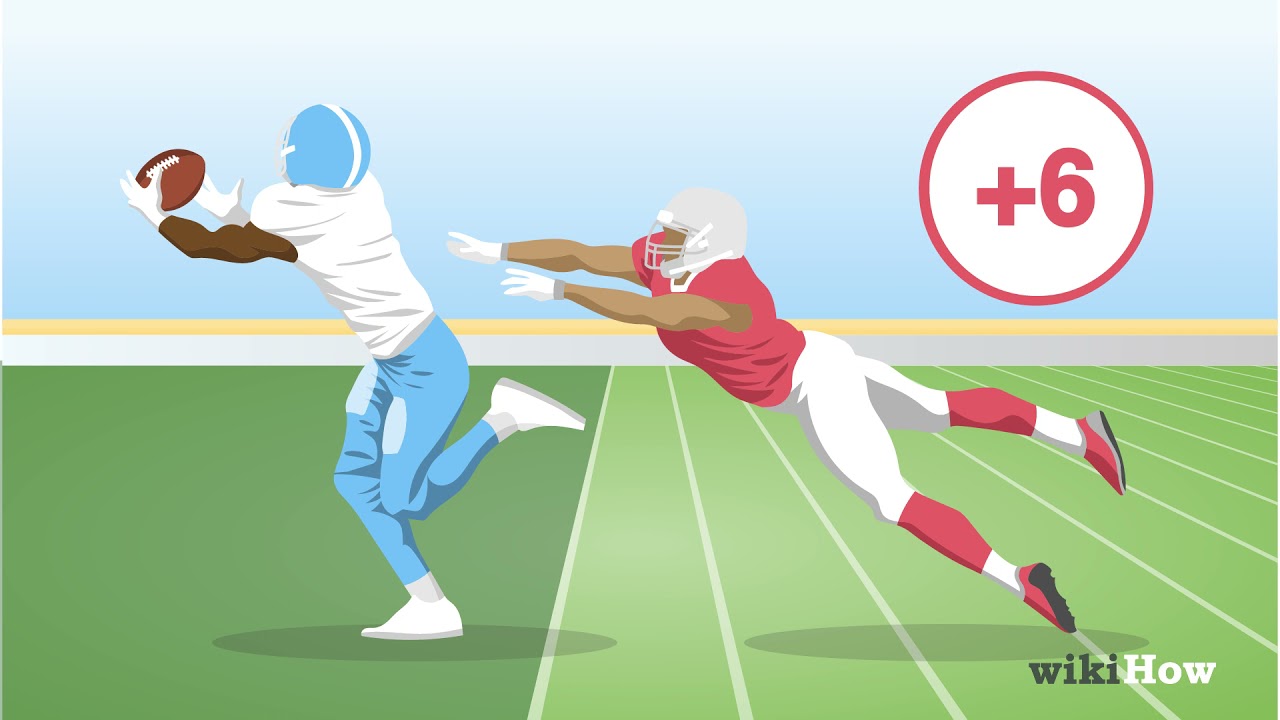
Rotation Pool consists of a pool table and cue balls. It is similar to ten-ball and nine-ball in that players are able to pocket the lowest numbered ball on the table first. It does have some additional rules, however, that go beyond the General Rules of Pocket Billiards.
Rotation pool rules follow the point system. The player who has the most balls at the end of a frame wins. Point schedules determine the numerical values for pool balls. They can range from one to fifteen. Other handicapping systems can be used by players. Players who have a lower ball value can only get a higher ball the same shot. This allows players to have different points totals.

Rotation Pool takes place on a billiards rack which is a triangular shape. The lower-value balls on the table are usually pocketed first and the higher-value balls are kept on the same play. The balls are also randomly placed on the rack. The rack's upper two-thirds contain "money balls," which are designated with dollar amounts.
The game of rotation pool can be considered gambling. Points are awarded to the player who pockets the most balls in varying degrees. According to the rules, the highest score may earn you a share of the game cat, which is usually at risk. There are many leagues and tournaments that offer rotation pool. Players can also compete against other league members. Tournaments are generally held in multiple rounds. Top finishers advance onto the next round. You can also play them in a single elimination bracket.
There are many different types of rotation pools, but the most well-known is a tenball pool. In this game, each player must keep the eight ball legaly in his/her pocket. When a player fails to pocket the eight ball, the player is eliminated. However, the player who takes the eighth ball is considered to have made it. The player who has the eighth ball is awarded a ball that can be used to play the next shot.
Unlike most games of pool, rotation pool requires a player to hit the lowest numbered ball on the table first. All other balls still in play. Only the player with the last ball on the table can make the shot. The player must also call fouls before each shot. Faults include hitting an object ball onto the table, failing or attempting to legally pocket an item ball, or failing contact with a cue ball. Fouls also have a number associated with them. If the foul is repeated three times, the player will be removed from the frame.

Rotation Pool can also be played with up four people. It is usually played in a league of players. League organizers pay a fee to promote and organize the sport.